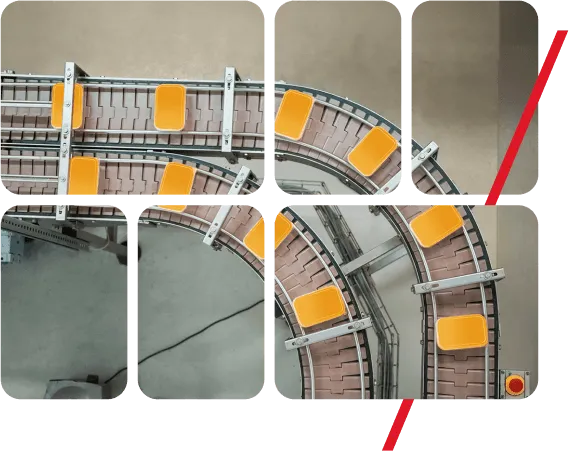In our latest webinar, “Discover the Potential of AI-Powered Low-Code Tools”, we explored the transformative impact of AI on low-code development. Hosted by Laurentiu Amitroaie (CINO at mindit.io) and Radu Bostina (UI Designer & Marketing Graphic Designer), the session provided a hands-on comparison between traditional low-code platforms and AI-powered low-code tools, demonstrating how they can accelerate application development.
Key Takeaways from the Webinar
1. The Rise of Low-Code & AI in Development
Gartner predicts that 70% of new enterprise applications will be built using low-code solutions.
Startups are already using AI to write 95% of their code, signaling a major shift in software development.
Citizen developers (non-technical users) are now prototyping and building MVPs faster than ever.
2. Traditional vs. AI-Powered Low-Code: A Head-to-Head Demo
We built the same travel assistant app using two different approaches:
Traditional Low-Code (Bubble.io)
Full control over UI elements with drag-and-drop.
Highly customizable, but requires some technical understanding.
Took ~8 hours to build due to manual configurations.
AI-Powered Low-Code (Lovable.dev)
Generated from a Figma design in minutes using AI.
Prompt-driven development—just describe what you need.
Still requires some debugging (AI isn’t perfect yet).
Took ~1.5 hours to build and deploy.
3. The Future of Low-Code Development
AI integration is evolving beyond just adding AI features—now, AI helps build the apps themselves.
Real-time collaboration is improving, enabling designers and business analysts to work together seamlessly.
Specialized low-code tools are emerging for niches like finance, legal, and content management.
Who Should Use AI-Powered Low-Code Tools?
Startups & Entrepreneurs – Quickly prototype and validate ideas.
Business Teams – Build internal tools without heavy IT dependency.
Developers – Speed up development while maintaining control.
Watch the Full Webinar
What’s Next?
The low-code landscape is rapidly evolving, with AI making development faster and more accessible. Will traditional platforms integrate AI assistants soon? Will AI-powered tools dominate?








































